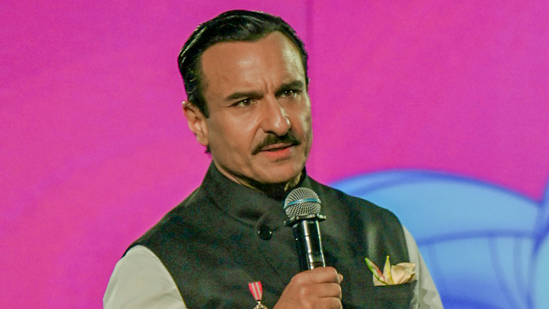Mark Zuckerberg, the CEO of Meta, has announced exciting plans to create AI-powered companions to help people feel less lonely. Bill Gates called this the “loneliness epidemic,” and Zuckerberg aims to make AI friends that can fill the gaps in our social lives. He believes these virtual pals can offer support and comfort to those struggling with feelings of isolation.
In a recent interview, Zuckerberg shared that many Americans have fewer than three close friends, but studies suggest we need about 15 meaningful relationships to feel truly connected. To address this, Meta is working on AI chatbots that can serve as emotional support, conversation partners, and even alternatives to therapists or romantic partners. Zuckerberg believes as AI gets better, these companions will become more engaging and personal.
However, using AI for emotional support does come with some hurdles. We need to talk about the value of AI friends and why people might choose them over real human connections. Zuckerberg acknowledged that while human connections are essential, many struggle to make those connections and AI could help fill that void.
The loneliness epidemic is becoming a more significant issue. A study found that 30% of U.S. adults have three or fewer close friends, a number that worsened during the COVID-19 pandemic and the rise of remote work, especially for younger people. The U.S. Surgeon General has labeled loneliness a public health crisis, linking it to various health risks.
AI companions could offer a solution to loneliness, similar to existing apps like Replika, where users have formed emotional bonds with AI friends. But there are concerns about replacing human interactions with virtual ones.
Despite their potential benefits, AI chatbots still have limitations. They are better at handling tasks than forming emotional connections. Some experts warn that relying on AI might reduce human empathy and lead to even more social isolation.
Zuckerberg admits there are risks with AI, especially for younger users who might come across inappropriate content or misinformation. The future of AI companions is uncertain, but as technology evolves, they may become part of many people’s lives. However, it’s crucial to consider the possible effects on our relationships and emotional development.
In summary, Mark Zuckerberg’s plans for AI companions highlight the growing issue of loneliness in today’s world. While AI friends could be helpful, we must address the challenges of technology, ethics, and how society views these virtual relationships.
Zuckerberg’s AI Companions: A New Hope Against Loneliness





Leave a Reply